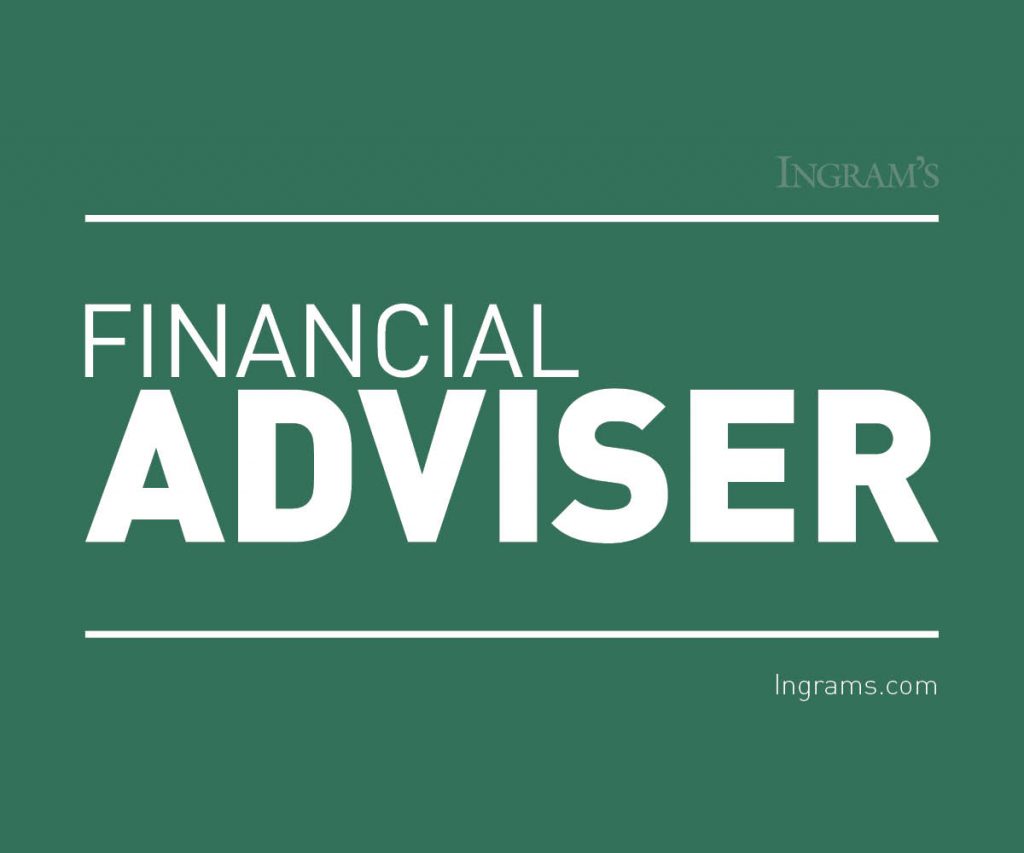HOME | ABOUT US | MEDIA KIT | CONTACT US | INQUIRE
HOME | ABOUT US | MEDIA KIT | CONTACT US | INQUIRE

Home prices have stabilized, housing inventories are shrinking, and interest rates—for now—are near all-time lows. If you haven’t already, it’s time to ask yourself: How do you position yourself to get the best mortgage interest rates and the most favorable mortgage terms available in a mortgage environment that still remains challenging?
 For starters, it’s important to understand that mortgage loans at present are priced based on multiple factors—credit scores, lender, loan-to-value ratio, mortgage terms and the number of days the loan is locked for.
For starters, it’s important to understand that mortgage loans at present are priced based on multiple factors—credit scores, lender, loan-to-value ratio, mortgage terms and the number of days the loan is locked for.
Lenders look at credit scores when deciding the rate you pay for a conventional mortgage loan. (FHA loans do not consider credit scores for pricing.) Rates are tiered according to your score and the best rates are for credit scores of 740 or better. There is a negative price adjustment for scores between 720 and 739, 700 and 719, 680 and 699, 660 and 679. A credit score below 659 becomes problematic.
A mortgage shopper’s most important move is to request a current credit report and make sure that all the information is accurate. Maintaining a high score is the first key to getting the best rates available. Credit scores are based on how you handle your credit. Paying all of your bills on time, managing your credit limits on revolving accounts and monitoring your credit for negative items will keep your scores elevated. A single recent late credit card payment can bring your score down 70 to 100 points. High or over-the-limit balances on credit cards will impact your score between 10–45 points per credit card. A collection account will lower your score between 50–125 points. Medical-service providers and the public libraries, along with numerous other credit providers, file collection accounts in hopes of collecting on debts when a consumer applies for a mortgage loan. Any of these events can cause a significant change in your credit score and cost you for the next 30 years.
Don’t be afraid to go rate-shopping. Looking for a mortgage may cause multiple lenders to request your credit report, even though you are only looking for one loan. To compensate for this, the credit score ignores mortgage inquires made in the 30 days prior to scoring. Consequently, if you find a loan within 30 days of the credit inquires, it will not affect your credit score while you are shopping for your new home loan.
Mortgage loan rates are based on multiple factors, and credit scores are only one piece of that puzzle.
The equity or down payment you have when you purchase or refinance your home will affect the rate and terms on your mortgage. If you only have enough for the minimum down payment, your choices of loan programs will be limited to only a few types of mortgage loans. Certainly if you have 20 percent equity, you will not be required to obtain private mortgage insurance, which protects the lender in case of default and more loan programs will be available to you. There are rate concessions on mortgage loans when you put 25 percent or more down on your home loan. It is worthwhile to price your home loan with several different down-payment scenarios to find the rate and down payment that best meet your personal financial goals.
With interest rates so low, fixed-rate mortgages are by far the most popular choice. You can choose a 10-, 15- or 30-year fixed-rate product; the rates
will vary according to the length of the loan. In general, the longer the loan term, the higher the rate and the more interest you will pay over the life of the loan. Another consideration is the amount of principal you pay monthly; the shorter the term, the more principal you pay every month.
If you sell the home in five years you will have amassed a lot more equity if you chose a shorter term. Adjustable-rate mortgages are still a viable loan program option if managed properly. If you are planning to sell your home in the next 6 years a 5/1 ARM would be a good option for you. Adjustable rates can give you a considerable discount on your loan rate; the term, however, should fit your financial goals and objectives.
Rate lock terms can have a noteworthy impact on the rate you pay for your mortgage loan. Lock terms are generally 15 days, 30 days, 45 days, 60 days; longer terms are available for construction projects. It is critical for your loan to close by the rate-lock expiration date or you will pay fees to extend your lock, and they can be considerable. It is also important to know that your lender can process your loan before the lock-expiration date. The shorter the term, the better the rate—just make sure your loan will close on time.
When properly managed and re-searched, you will know that you got the best possible rate available on the most important financial transactions of your lifetime.